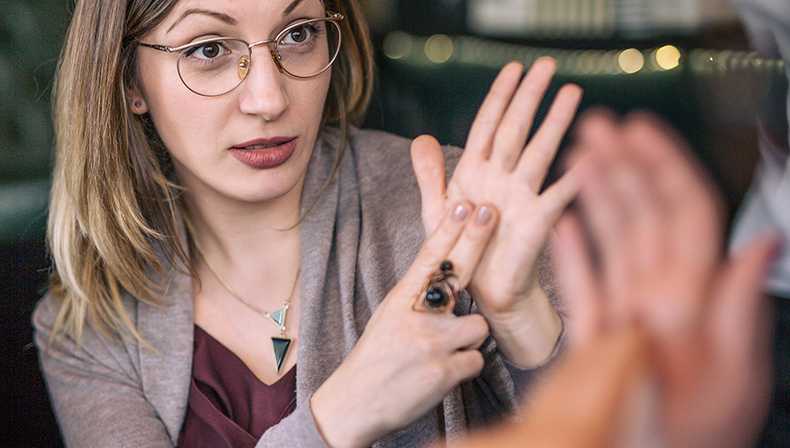Public statement: Invisible disabilities
Invisible disabilities are more common than you may think. In marking International Day of People with Disabilities, we acknowledge that many people continue to face barriers to fair and equal access, and inclusion, as we work across the public sector to break down stereotypes and remove discrimination.
Taking action to reduce these barriers can include being a good ally. If someone tells you they live with an invisible disability, ask how you can best support them. Keep an open mind and be willing to learn. If your employee tells you they have an invisible disability, you can be a good ally by inviting conversations about workplace adjustments, offering flexibility, and leading by example.
International Day of People with Disabilities is a day aimed at increasing public awareness, understanding and acceptance of people with disability and their rights under the Convention on the Rights of Persons with Disability (the CRPD). It was first proclaimed in 1992 by the United Nations.
The day is observed on 3 December and falls within Victoria’s Human Rights Week (2–9 December) which starts today. ‘Rights in action’ is the theme for the week where participating Commissions each put out one ‘daily action’ and some additional tasks over the week. The daily action is a simple task that’s aimed at challenging our knowledge of human rights and implementing this knowledge in a practical way.
The Victorian Disability Worker Commission kicks off the ‘week of action’ with its daily action (i.e. Tell a person with disability about the work of the Commission).
Today (2 December 2022), the Victorian Equal Opportunity and Human Rights Commission will host a panel event on ‘invisible disabilities’ for the Victorian Public Sector (VPS). The event will provide a platform for a discussion of lived experience of VPS staff with invisible disabilities, the unique challenges and barriers they faced, the rates of discrimination experienced by people with invisible disabilities, and the Commission’s role in assisting people who experience disability discrimination.
What are invisible disabilities?
‘Invisible disabilities’ (also known as hidden disabilities or non-visible disabilities) is a broad term which can include any disability that may not be immediately apparent to others.
Some examples of invisible disabilities include:
- physical conditions (e.g. chronic pain, diabetes)
- mental health conditions (e.g. PTSD, depression, anxiety)
- neurological conditions (e.g. epilepsy)
- neurodiversity (e.g. autism, ADHD, dyslexia)
During the COVID-19 pandemic, the Commission received an increased number of complaints from people with invisible disabilities. This included complaints from Victorians whose invisible disabilities prevented them from wearing a facemask.
Rates of discrimination complaints
Complaints of disability discrimination comprise the majority of complaints raised with the Commission for dispute resolution.
During the COVID-19 pandemic, the number of complaints about disability discrimination increased significantly.
In 2020 and 2021, complaints about disability discrimination increased to 62.3% of the total complaints received at the Commission, up from half of the total complaints received in 2018-2019.
In 2018-2019, invisible disabilities accounted for 624 complaints which increased to 903 in 2020-2021 – a 44.71% increase. Disability complaints increased by 57.7% over the same period.
Disability and the law
Disability is a ‘protected attribute’ under the Equal Opportunity Act 2010 (Vic) (‘the Act’).
The definition of disability under the Act includes:
- the total or partial loss of a body part or a body function (such as mobility, sight or hearing)
- physical appearance of disability
- mental health disorders
- learning difficulties.
Discrimination is against the law if it happens in an area of public life such as at work, school or university, in a club or sporting organisation, or shops and restaurants.
People who work in these areas have a positive duty to make sure you don’t face discrimination because of a disability.


